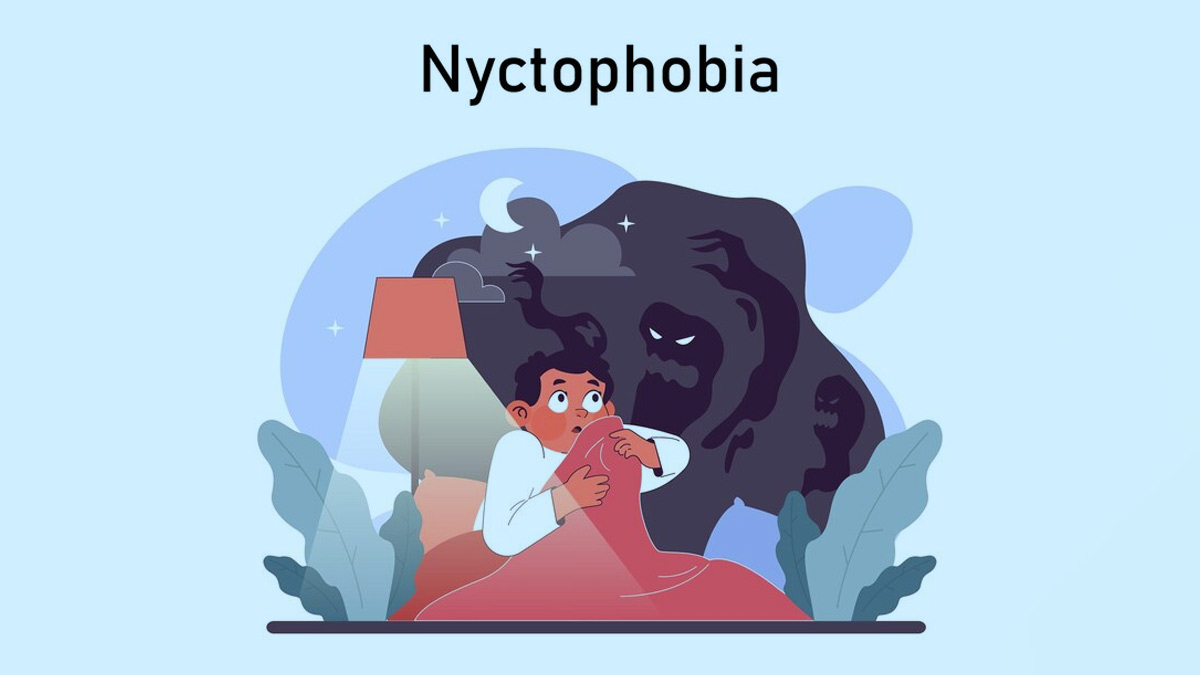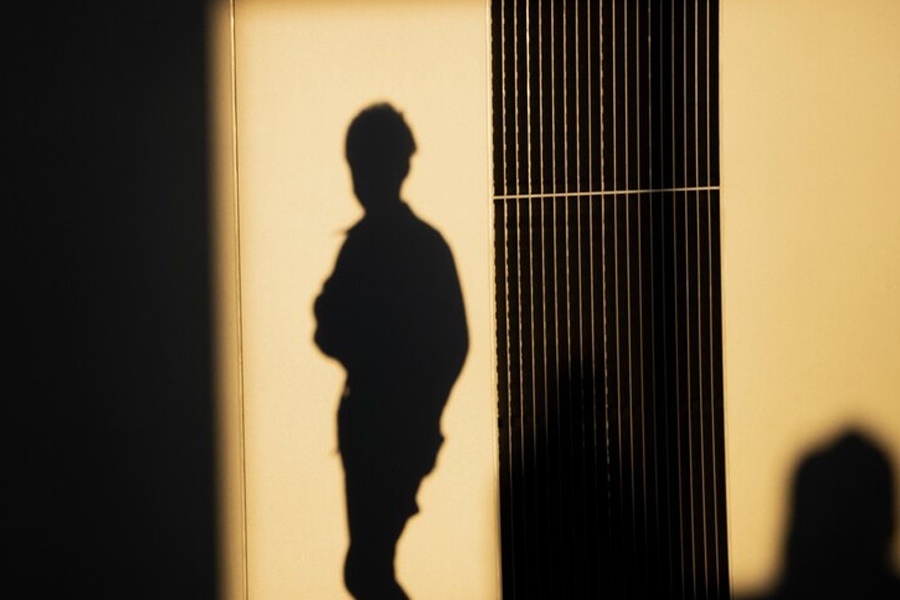
Are you afraid of stepping into the dark? If so, you may be dealing with nyctophobia, an intense and overwhelming fear of darkness. People who are nyctophobic typically assume that dark, enclosed spaces contain deadly objects that aren't there. They experience intense distress whenever they anticipate going out at night or visiting dark places. The good news is that with time and appropriate techniques, people can gradually overcome their fear of the dark. We spoke to our expert Dr Poonam Santhosh, Consultant Psychiatry, KMC Hospital, Mangalore, who explained this phobia, its symptoms, causes, and how to treat it.
Table of Content:-
What Is Nyctophobia?

Nyctophobia is an overwhelming and extreme fear of darkness. It is commonly seen in children of age 6-12 years.
“Most night-time anxieties are a natural by-product of a developing child's increasingly complex cognitive development. As a result, most kids report using a range of coping mechanisms that are usually beneficial in lowering their worry, which the developing kid naturally resolves,” said Dr Santhosh.
She added, “Nevertheless, in about 10% of children, nighttime fears are related to one or more anxiety disorders and may persist into adulthood. “
Also Read: Fear Of Staying Without Mobile? Expert Explains Nomophobia, Its Symptoms, And Causes
Symptoms of Nyctophobia

People with nyctophobia experience anxiety and a sense of peril in dimly lit areas. They experience intense fear that interferes with their daily life routine and sleep patterns and keeps them in an aroused state most of the time. Here are some symptoms shared by Dr Santhosh:
- Physical Symptoms: Difficulty breathing, increased heart rate, tightness in the chest, trembling, and sweating.
- Psychological Symptoms: Panic attacks, feeling uneasy, losing awareness or control, and feeling helpless.
- Behavioural Symptoms: Avoiding dark places, making extra efforts to escape situations involving darkness, and experiencing extreme distress when anticipating darkness.
A study published in the Journal of Experimental Psychology found that individuals who reported poor sleep often felt uneasy in the dark and were more likely to be startled during the night. Those with nyctophobia may experience increased anxiety as bedtime approaches, anticipating the onset of darkness.
Causes and Risk Factors

Some life situations can increase a person's risk of acquiring nyctophobia, even if there isn't a known reason for it. Dr Santhosh listed the factors that increase the risk of developing nyctophobia as follows:
- Parental Influence: Overprotective and anxious parents can contribute to the development of this phobia in children.
- Traumatic Experiences: Incidents like getting locked in a dark room or experiencing accidents can trigger nyctophobia. Such experiences can affect both children and adults.
- Neurobiological Factors: Light regulates the circadian rhythm, alertness, and mood. The amygdala, which regulates emotions, especially fear, becomes more active in the absence of light, exacerbating the fear response.
Also Read: Anxious Of Holes? Expert Explains Tryponophobia And Its Symptoms, Causes And Treatment
Assessment and Treatment
“Neurobiologically, light has powerful effects, such as circadian rhythm regulation, alertness, and arousal. Light also improves mood. The amygdala plays a crucial role in regulating emotions, particularly those related to fear,” said Dr Santhosh.
“The amygdala and its connections with the Ventromedial Prefrontal Cortex (vmPFC) play a critical role in regulating fear-related responses, which become more pronounced in the absence of light,” she added.
A detailed assessment is necessary to eliminate organic causes, establish baseline functioning, and search for comorbid anxiety disorders. Effective treatments for nyctophobia as listed by the expert include:
- Cognitive-Behavioural Techniques: Systematic desensitisation with relaxation or emotive imagery helps reduce fear responses.
- Reinforcement: Techniques, such as the gain of points and self-statement help reinforce positive behaviours.
- Exposure Therapy: Gradual exposure to darkness in a controlled manner reduces fear over time.
[Disclaimer: This article contains information provided by an expert and is for informational purposes only. Hence, we advise you to consult your own professional if you are dealing with any health issues to avoid complications.]
Also watch this video
How we keep this article up to date:
We work with experts and keep a close eye on the latest in health and wellness. Whenever there is a new research or helpful information, we update our articles with accurate and useful advice.
Current Version